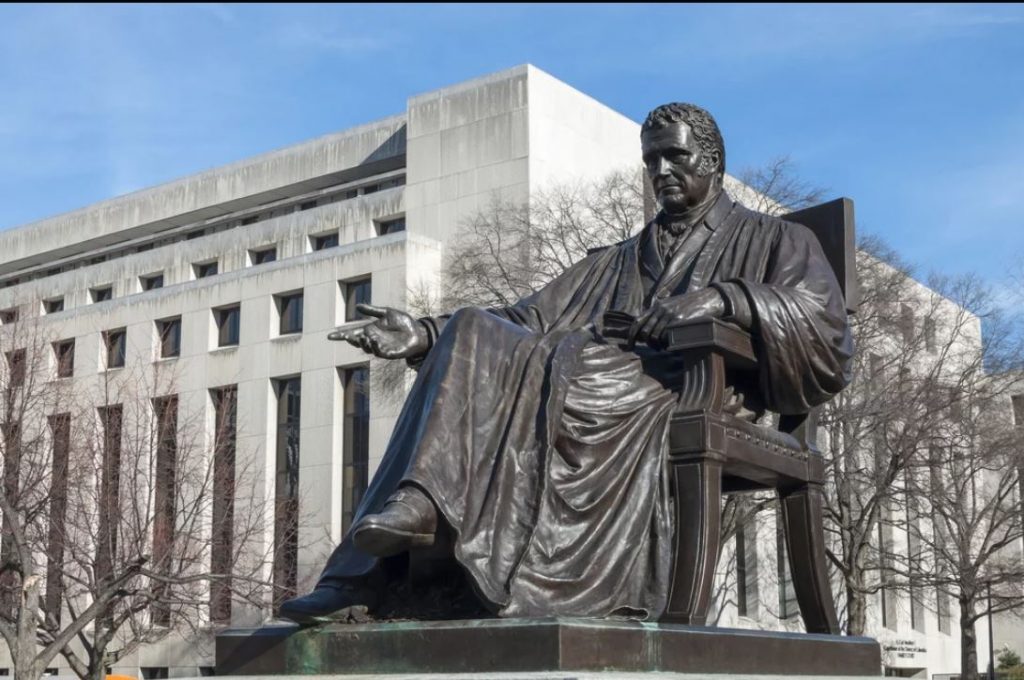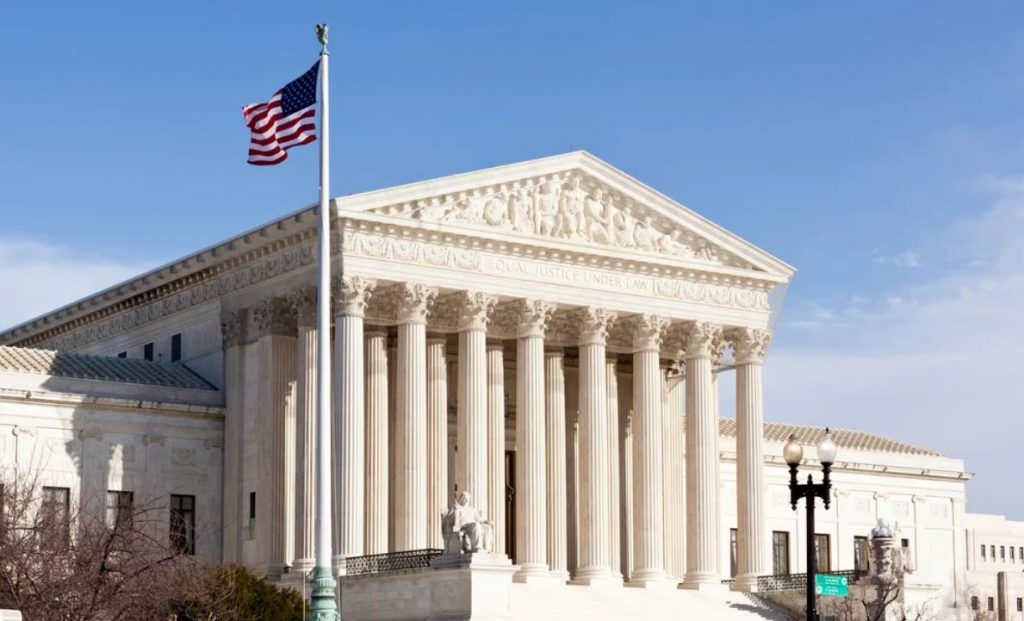SEPTEMBER 12
RULE OF LAW



| Time to Think: “It is emphatically the province and duty of the judicial branch to say what the law is.” -Chief Justice John Marshall Take a few minutes to contemplate by yourself or discuss with a friend the meaning of this quote. Marbury subsequently became the leading precedent for “judicial review,” the Court’s power to pass upon the constitutionality of legislative acts. Along the way it has acquired the status of a landmark, perhaps the most prominent, of American constitutional law. The case is no less important for its assertion of the judiciary’s claim to inquire into the legality of executive acts in certain instances. Indeed, this aspect of the case provoked far more controversy at the time than did the annulment of a statue. Marshall was less troubled by asserting the doctrine of judicial review than he was by the challenge of discovering and applying a principle for bringing executive acts under judicial scrutiny. This inquiry, to which he devoted the greater part of his opinion, constituted the “peculiar delicacy” and “real difficulty” of the case” In 1803, Chief Justice Marshall delivered his first great opinion in the Marbury v. Madison case. The Supreme Court for the first time declared an act of Congress in conflict with the Constitution and therefore, void. Action Activities: Short: Read to understand: The definition of the “Rule of Law” and become familiar with the Supreme Court decision from 1803: Marbury v. Madison. Medium: Read the “prologue” and “The meaning of Marbury”. Long: Read the “Opinion of Chief Justice Marshall” |


